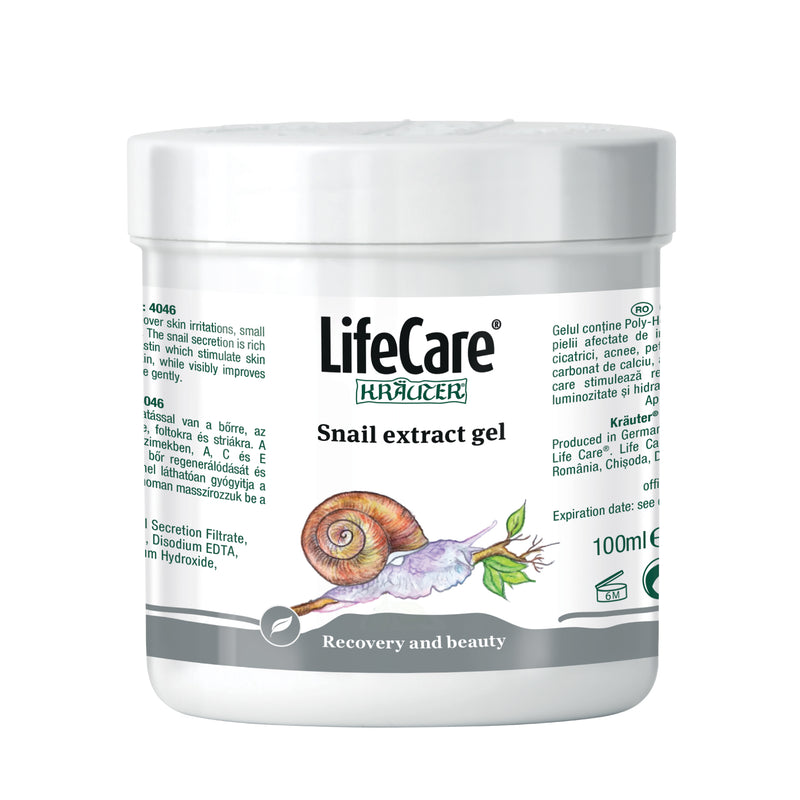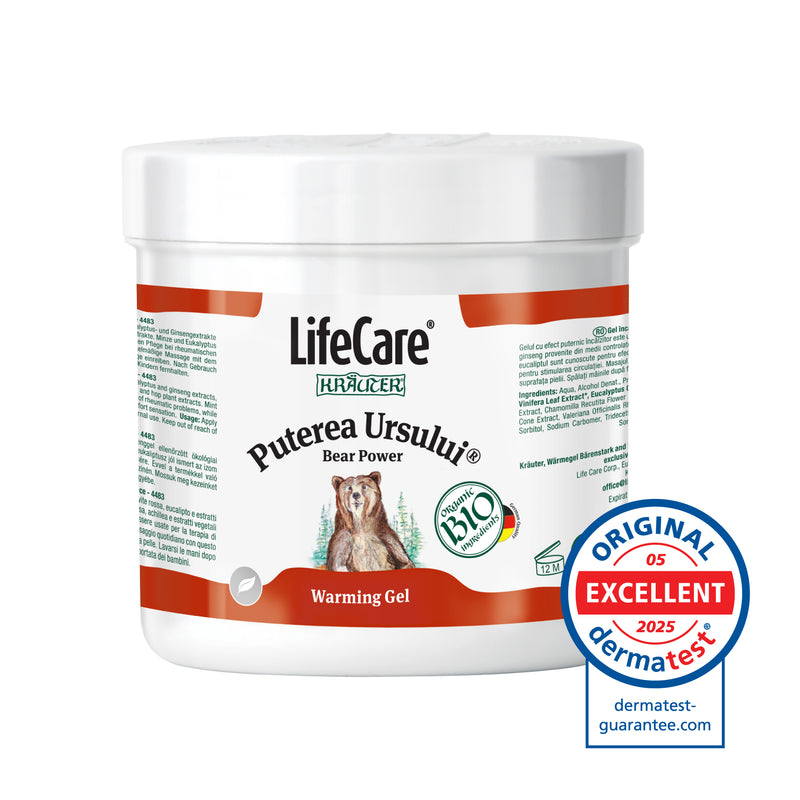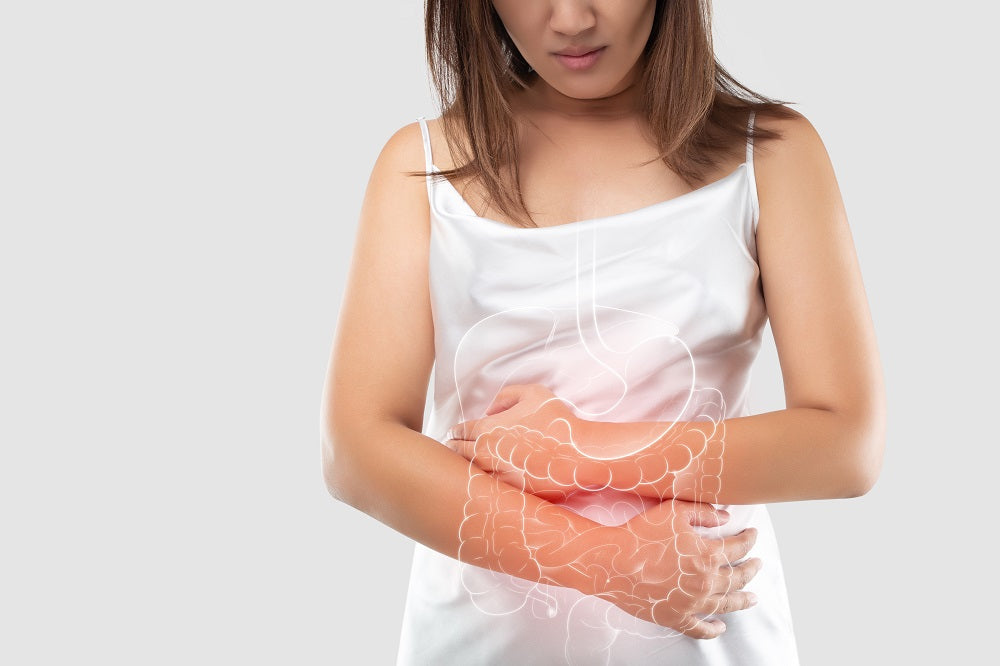Digestive problems occur when we ingest unhealthy or toxins, we make excesses or we have certain food intolerant (gluten, soy, dairy, etc.) the digestive system reacts and causes an inflammatory process. It can be emphasized due to stress, weight above the limit and a sedentary lifestyle.
Digestive problems can be manifested by conditions such as: constipation, diarrhea, bloating, gastro-oesophageal reflux disease, irritable bowel syndrome, food toxinfect, gastroenterocolitis, celiac disease, gastritis, gastritis, inflammatory intestinal disease, ulcerative colitis, Crohni disease, hemorrhoids, hemorrhoids anal cracks etc.
The main signs of digestive problems and how to recognize them
The most common symptoms of digestive disorders are: nausea, vomiting, difficulty swallowing, heartbreak, abdominal cramps and diarrhea. These, untreated, can lead to severe dehydration and hydro-electrolytic imbalances. That is why it is good to resort to the doctor's advice if the symptoms persist.
Stomach pain: specific causes and symptoms
Stomach pains (abdominal) can have various causes. The one that manifests through cramps can be associated with diarrhea, constipation, balloon or flatulence. In women, cramps can also be associated with menstruation. Stomach pains can be caused by viral, bacterial or parasitic infections. They can come with nausea, vomiting, fever.
When caused by specific conditions such as irritable bowel syndrome, Crohn's disease, gastritis or ulcer, you can encounter: bloating, indigestion, weight loss, constant fatigue, cramps, flatulence.
Keep in mind that stomach pains can be acute (discomfort is felt for a limited time) or chronic (pain is constant or recurrent).
Diseases and disorders of the digestive system: from light to serious
Digestive disorders are caused by the improper functioning of the digestive system. Most of them develop in the stomach (nausea, burns, sucking). Intestinal disorders (eg bloating and intestinal gases) may also be.
Digestive system disorders include problems that affect several parts of the digestive system simultaneously, as well as those affecting only one part. There are numerous and varied. Sometimes they can be caused by allergies or food intolerant. They can start from mild demand (gas, sucking), moderate (cramps, burns), to serious (celiac disease, Crohn disease, irritable bowel syndrome).
Natural dietary supplements for soothing and preventing stomach problems
Natural supplements for stomach pain contain: fiber, artichoke, pineapple, digestive enzymes, probiotics and prebiotics, aloe vera, flax seeds, papaya, etc.
Conclusions and recommendations for maintaining digestive health
Maintaining digestive health depends on some very important factors: a balanced diet, rich in vitamins, minerals and antioxidants; sufficient water consumption (which helps foods to be properly digested and moisturizes the intestinal mucosa); avoiding sedentary lifestyle and foods high in unhealthy or processed fats.
Useful questions:
What are foods or drinks that can cause digestive problems?
Foods and drinks that can give you stomach pain and digestive problems are those high in unhealthy fats or sugars, but not only. Here's what you need to pay special attention: fried food, excess coffee (it may have a laxative effect), dairy (the human body is not used to a large amount of dairy; people with intolerance must always avoid them), spicy spices, acidic foods (red, citrus), refined products (pastry, white bread) Added sweeteners, artificial dyes, additives, alcoholic beverages, salt and excess sugar.
How do they distinguish between ordinary stomach pains and those related to more serious conditions?
When you can figure out what is the cause of stomach pain (food toxinfect, excessive fat or dairy consumption, etc.), the pain is ordinary, which will pass through a proper treatment. When stomach pains and other symptoms related to the proper non -functioning of the digestive system (bloating, cramps, flatulence, burns, etc.) are constant and affect your daily life, you must resort to the advice of the specialist doctor. It will detect the cause of the problem and prescribe your proper treatment.
What natural dietary supplements are recommended for good digestion?
For mild digestion and prevention of digestive tract disorders, it is recommended that in our daily diet we include a sufficient amount of fiber, probiotics and enzymes. Food fibers are primarily recognized for their ability to prevent or improve constipation. Two fibers with remarkable benefits are the psyllium and glucomannan bran.
Psyllinum Huks are rich in spongy fiber, with prebiotic effect, which improve digestion and can reduce the bloating sensation.
Glucomannan has a very low caloric content, occupies a lot of space in the stomach and offers the feeling of satiety. It reduces appetite, increases the feeling of satiety, reduces cholesterol and absorbs toxic substances in the intestines.
Probiotics are "good" bacteria that reconstruct the intestinal flora, improve the body's immunity, prevent digestive tract infections and develop pathogenic bacteria.
Digestive enzymes are complex protein substances that regulate biochemical processes in the body, so that foods are decomposed into their components and more easily metabolizable. Stimulates, stabilizes and optimizes the digestive tract.
Measures and recommendations to prevent digestive problems
A healthy diet and a sufficient water supply helps prevent digestive problems. Avoid excessive consumption of fries, sugar, carbonated drinks. Maintain a balanced diet, hydrate yourself properly and avoid sedentary lifestyle.
If you have digestive problems that appear constantly (bloating, constipation, pain) call the specialist doctor. We recommend that you include as many healthy foods in your diet such as linen seeds, papaya, artichoke, pineapple, papaya and aloe vera. Flax seeds are an important source of alfalinoleic acid, a type of omega-3 fatty acid, essential for the body.
They treat constipation, thus helping to eliminate toxins, alleviate the symptoms of irritable bowel syndrome and prevent the onset of colon cancer. Papaya is both one of the most delicious exotic fruits and a food that contains enzymes that stimulate the proper functioning of digestion.
The artichokes are high in fiber, naturally facilitating the intestinal transit. Moreover, they contain inulin, a natural fiber that is a prebiotic, and which, in turn, increases the level of probiotics in the large intestine.
Pineapple contains an enzyme called bromelain, which promotes digestion and soothes stomach burns. It helps the body to digest the proteins from consumed foods faster.
Aloe Vera is a plant recognized for the ability to protect the digestive system. It contains over 200 active substances - vitamins, minerals, amino acids, antioxidants, phytosterols.
Regular consumption of aloe vera regulates intestinal transit, eliminates bacteria and fungi located at the level of the digestive tract, maintains the balance between "good" and "bad" bacteria, prevents metabolic imbalances, accuses food through intestines and helps detoxify the digestive system.




